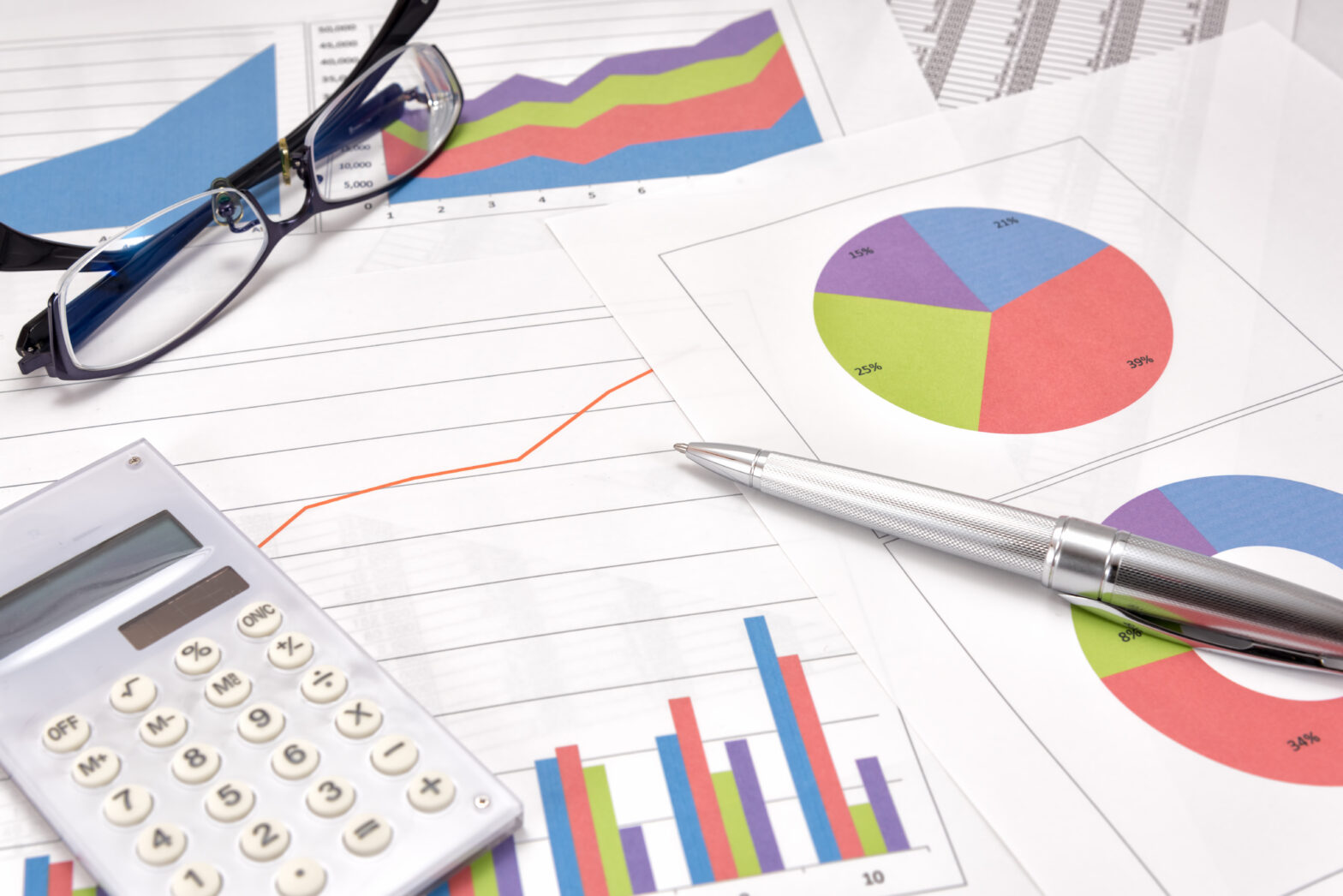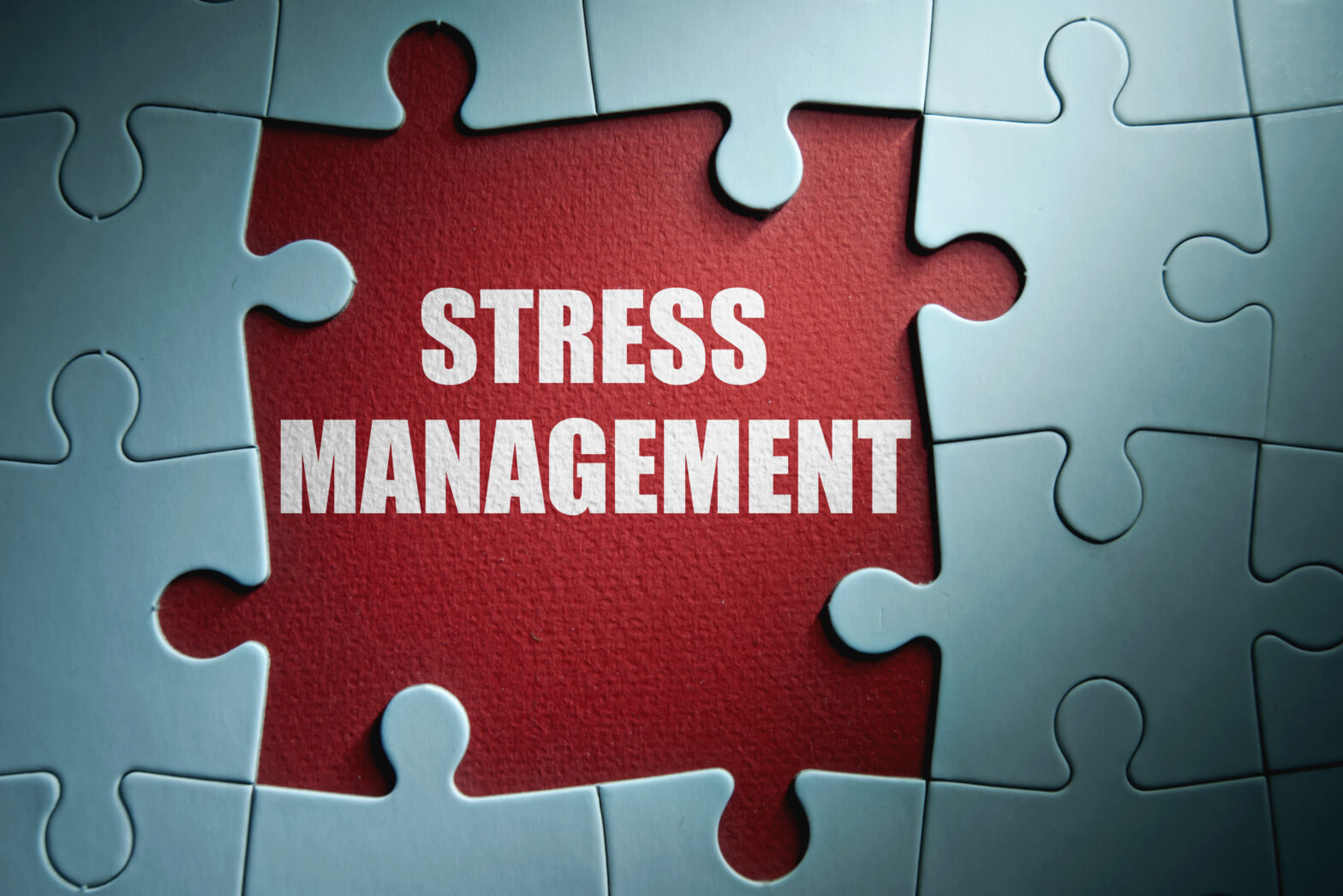As a small business leader you’re a member of a group which holds the key to helping the UK realise the long-term benefits of sustainable energy usage. Reducing your carbon footprint is, however, a topic all too often filed presumptively under ‘too expensive’, ‘too time consuming’ or simply ‘just not a priority’. In fact, having a well thought through energy saving plan in place can quickly increase business value and enhance your financial position.
There are many things you can do immediately to reduce energy consumption. Simple moves like introducing LED light bulbs and turning computers off rather than leaving them on standby can apply whatever your line of work.
And every small business can identify measures that apply directly to their specific needs – whether that’s turning off restaurant ovens or fryers earlier before closing (and discovering that it doesn’t impact trade) or placing light sensors in restrooms or corridors means that lights only go on when they’re needed.
Company culture is important
As well as the simple measures, it also makes sense to have a company-wide energy-saving policy, something your team of employees can be invited to participate in devising to help create a genuine sense of ownership, and which can be communicated business-wide. Having a plan means identifying areas where changes can be made, and putting in place actions that help you meet your energy-saving goals.
Whether you see having a plan as worthwhile or not, the chances are that your customers and even suppliers will expect you to have one. If you do have a plan in place then it can be a means of nourishing your relationships through exchanging ideas on how to tackle the energy-saving challenge. Businesses are increasingly expecting their suppliers to emulate their values to ensure safe, sustainable business partnerships – if your competitors are prepared to show off their green credentials, don’t get left behind.
However, it’s always better to take an organised strategic long-term approach rather than an improvised tactical one. That means embedding energy saving into your business plans by adopting a data-driven, measurable approach.
Many small businesses don’t feel that they are in control of their energy costs. An energy-saving plan is an important part of regaining this control. As a first step, businesses can install smart meters, which are the first building block to becoming a more energy efficient business.
Traditional meters provide a high level view of consumption over a period of a month or quarter making it more difficult for small businesses to plan. Smart meters collect real-time data about energy usage.
Do your research
You can then use free online tools such as our Business Energy Insight to analyse what energy you’re using and where efficiencies can be made. For example, email alerts can be sent when your electricity usage patterns change and we can share energy saving tips personalised to your business based upon data collected on your usage.
All this is simple, effective, and most importantly of all is quick and hassle-free so you can concentrate on day-to-day business performance. More than a third of our small business customers are already taking advantage of smart meter technology.
Tracking your consumption levels, determining changes in usage patterns and assessing impacts of your energy saving actions is a savvy approach. Smart metering makes this possible and in addition to informing measures you take, enables you to gauge associated cost savings which strengthen your balance sheet.
If you’re unsure about how to make a start with your energy-saving plan, then there’s no shortage of independent sources of help, advice and information on the topic. The British Chambers of Commerce and Federation of Small Businesses both offer impartial guidance, while grants are available from non-governmental bodies including the Carbon Trust.
The Department of Energy & Climate Change (DECC) can also offer financial support. And don’t forget to talk to your sustainable energy supplier; we are here to help so that together we can ensure reliable and sustainable energy sources for many years to come.
Richard Morgan is industry development director for British Gas Business.





